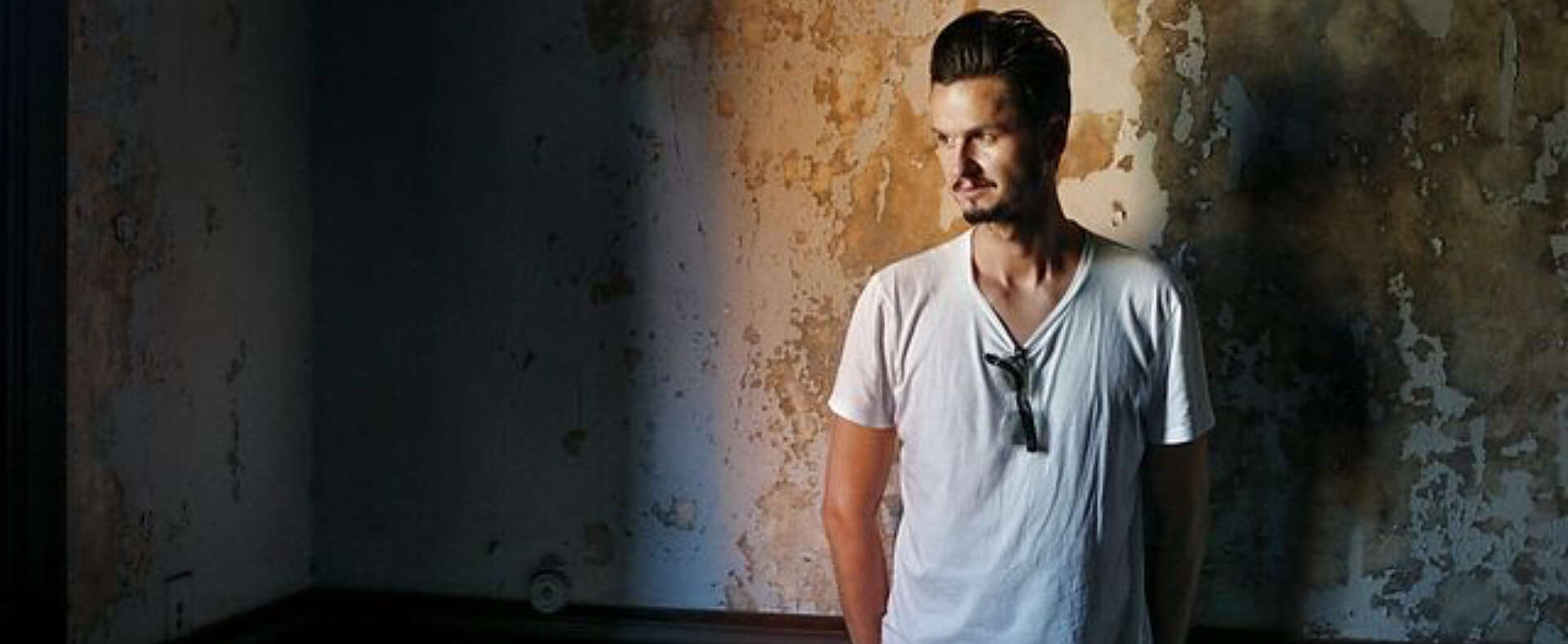
Danish documentary The John Dalli Mystery had its world premiere at CPH:DOX on Tuesday. We spoke to director Jeppe Rønde.
After the TV series The Quatraro Mystery (2009) that dealt with the mysterious death of EU Commissioner Antonio Quatraro, director Jeppe Rønde and journalists Mads Brügger and Mikael Bertelsen continue to investigate EU corruption related to the tobacco industry.
In the film The John Dalli Mystery produced by Sonntag Pictures, the central character is former EU Health Commissioner John Dalli who was forced to leave his job because of alleged bribery.
Why did you decide to go back to EU corruption nine years after you made the TV series The Quatraro Mystery?
Jeppe Rønde: We haven’t let go of the project since 2008. The original idea was to make a film out of the TV series with additional footage and proof. However, reality caught up on us and left us with a new case that was almost a mirror to the old, but at an even higher EU Commission level. The advantage with this film was that John Dalli is alive…unlike Quatraro!
The John Dalli Mystery case is quite complex, with a lot of facts and characters. How did you proceed to make it more accessible to the general audience?
JR: What we did for the TV series and the film was use a constant dialogue between Mads and Mikael to clarify things, In The John Dalli Mystery, it was Mads who convinced Mikael to continue the investigation so at the beginning he had the ‘upper hand’ concerning the knowledge of the case. He tells Mikael-but also the audience-what is going on. As a director, I had to know what had to be said and when.
John Dalli is a mysterious and fascinating character. What was your own perception of the man when you first met him?
JR: When we first met him in Malta we were still thinking of doing a film based on The Quatraro Mystery series. We wanted to use him as a mirror, as if he were a ghost of Quatraro. We went to tell him about the old case, to hear his story and make parallels.
My perception then was that he was very likable, a grandfather figure. When we found out that many elements of his story were quite similar with the Quatraro case, we felt we got our hands on unique information. Then while we were editing, focusing on a different angle for the film, he asked us to come back as ‘something had happened’. In a way he became the scriptwriter of his own story.
What were the main challenges during your investigation?
JR: The hardest was dealing with Brussels as no one wanted to speak to us. Even OLAF (the European anti-fraud office) stone-walled us.
When we approached EU officials for our investigation on the mysterious death of Quatraro in 1993, they argued that the case was too old. Then with Dalli, when we tried to understand why he had been sacked in 2012 their argument was that the case was too new!
The EU anti-fraud chief Giovanni Kessler and José Manuel Barroso both refused to meet us.
What methods did you use to try to get people to come forward with information? Did Mads and Mikael’s unorthodox and funny investigation methods helped to win people’s confidence…
JR: Yes Mads and Mikael are not the typical journalists and their openness unlocked other doors and gave access to key witnesses.
What we did for instance was to put an ad in the newspaper New Europe with a photo of Quatraro, asking for people to come anonymously to talk about him. We did a similar thing for Dalli to get people to come forward with proof of corruption. But this time no one dared to step up in the limelight and become a proper whistle-blower.
Kissinger once said: “Corrupt politicians make the other ten percent look bad…What do you think?
JR: These days, corruption stories erupt everywhere, but the perceptions of corruption vary from one country to the next. When you go to countries like Italy or Greece, they do stuff that they don’t even consider to be corrupt!
What we’ve also found out through our investigation is that some countries export their rotten politicians to Brussels. We should on the contrary send our best men there! What we need in Europe is to collaborate to clean the mess.
What’s next for you? Will you make a fiction film like Bridgend or another documentary?
JR: I don’t differentiate fiction to non-fiction. All stories are real in their own way. However I’m working on a new feature, Acts of Love.
Who is producing and when will you start filming?
JR: Meta Film is producing. We’re aiming for shooting in the fall.
Watch the trailer: CLICK HERE.